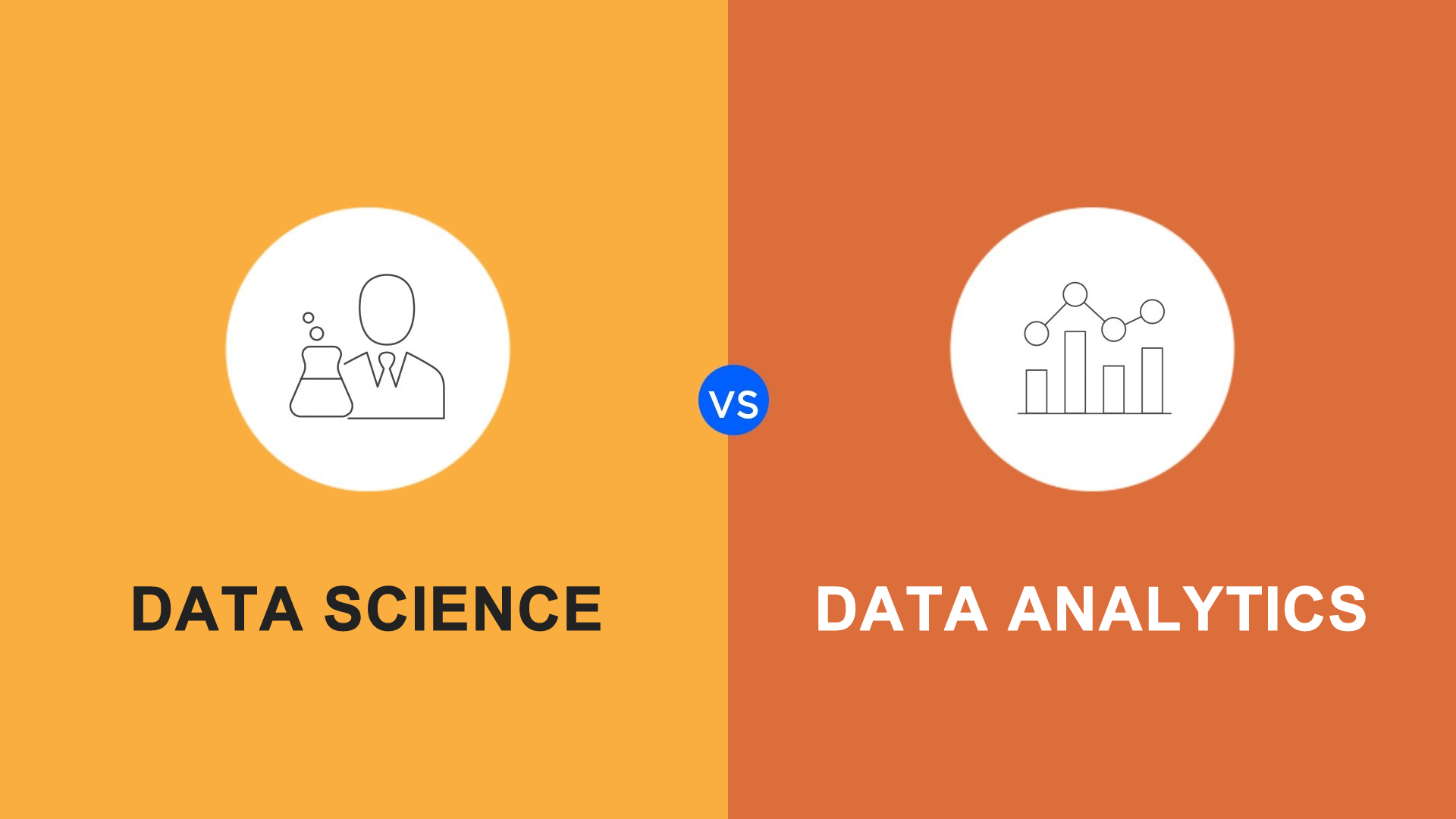As more organizations recognize the need to understand and manage the data they produce, demand for data scientists and data analysts continues to grow. Students who are interested in a career that makes use of data modeling, statistics, programming, and other analytical skills have likely seen degree programs and job listings that focus on data science or data analytics. However, while the data science and data analytics fields both involve working with and manipulating data, they are not interchangeable.
When it comes to data science vs. data analytics, what are the differences, and how to choose the right one?
Data science vs. data analytics
How do organizations use data science and data analytics to inform decisions and increase efficiency and profitability?
Data science
Data scientists use programming, math, and statistics to gain insights and drive organizational strategy. Data scientists are highly adept at machine learning, data modeling, and the use of algorithms to automate processes. Since meaningful data is field-specific, data scientists also must have domain expertise, and an understanding of their industry or company, to provide context for the data they work with. For example, data science research in healthcare can drive diagnoses, help prevent disease, or teach computers to read X-rays or MRIs.
Data scientists work closely with sales and marketing, product development, information technology, finance, and business leaders to help identify trends, spot issues, understand consumer behavior, and present solutions that support strategic decision-making.
Data analytics
Data analytics professionals are responsible for data collection, organization, and maintenance, as well as for using statistics, programming, and other techniques to gain insights from data. The role of a data analyst is to spot trends and help solve problems. Examples of data analytics in retail include order tracking, recommendation features, and identification of store locations.
Data analysts tend to respond to requests from decision-makers rather than drive the decision-making process.
Similarities between data science and data analytics
The fields of data science and data analytics are similar in many ways. Both use data to help understand an organization’s operations, which in turn supports decision-making. Both fields are heavily STEM-focused, and both are in high demand across many industries. Here are some of the ways in which the two fields overlap.
Massive quantities of data
Professionals in both data science and data analytics manipulate huge data sets with millions of data points. These massive databases may have low-quality data that must be wrangled (cleaned), maintained, and organized so that any analysis is accurate.
Technical skills
Both fields require programming skills (such as in R, Python, Tableau, and SQL), as well as statistics, Excel, data visualization, and modeling proficiency. Professionals in both fields must be highly analytical and have a methodical approach to problem-solving and project management.
Communication skills
Data scientists and data analysts work with colleagues across departments, many of whom may not have a tech background. Professionals in both fields are responsible for presenting their findings in a clear and effective manner.
Differences between data science and data analytics
The major difference between data science and data analytics is scope. A data scientist’s role is far broader than that of a data analyst, even though the two work with the same data sets. For that reason, a data scientist often starts their career as a data analyst.
Here are some of the ways these two roles differ.
Responsibilities
Data scientists model data to make predictions, identify opportunities, and support strategies. They use data to understand the future. The role of the data analyst is to solve problems and spot trends. They work with the data as a snapshot of what exists now.
Database manipulation and management
Data scientists use algorithms and machine learning to improve the ways that data supports business goals. Data analysts collect, store, and maintain data and analyze results.
Questions and answers
Data scientists identify the questions and determine the best way to get at the answers. Data analysts receive questions and use data analysis to provide answers.
Data science vs. data analytics: education and skills required
A typical curriculum for data science and data analytic degrees includes math, statistics, computer modeling, programming, and foundational courses in big data and data science. In Maryville University’s online bachelor’s in data science, courses include Introduction to SQL, Probability, and Machine Learning. The program can also lay the groundwork for an advanced degree in data science or data analytics.
The following are some of the requirements for a career in data science or data analytics.
Data science technical skills
A bachelor’s in data science will teach the following “hard” or technical skills:
Data analytics technical skills
A bachelor’s in data analytics will focus on these skills:
Other skills
Also highly recommended for a career in data science or data analytics are “soft” or people-facing skills. A data scientist must have domain expertise, critical thinking, and communications skills. A data analyst will need reporting, problem-solving, and data-wrangling expertise.
The demand for data scientists and data analysts is only continuing to grow as data transforms global economics.
 July 07, 2022 - BY Cosmos Community
July 07, 2022 - BY Cosmos Community